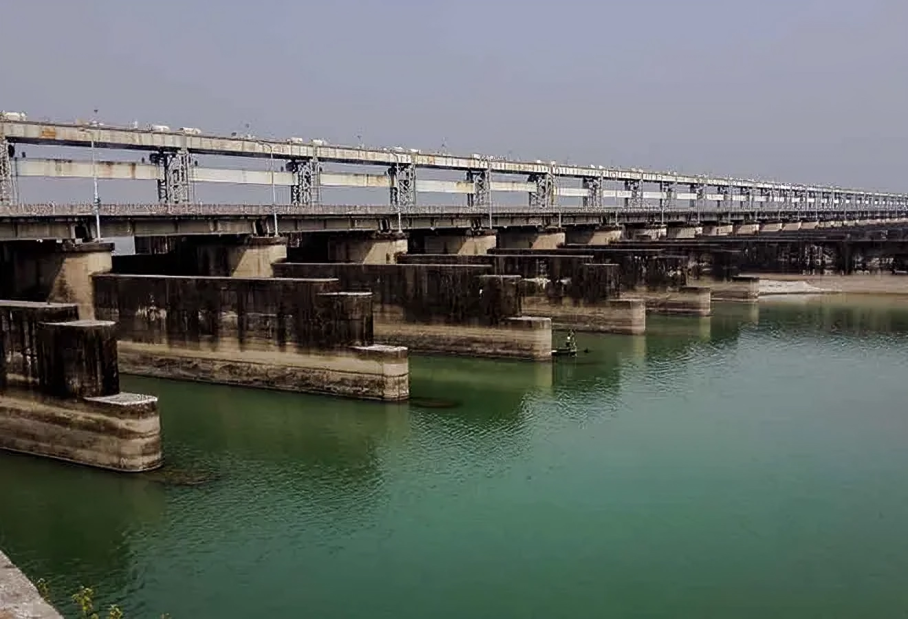In a significant diplomatic shift, the Indian government has formally pressed Bangladesh for a review of the 1996 Ganga Water Treaty, signaling a demand for more water to support the country’s developmental and industrial needs. The treaty, originally signed on December 12, 1996, is set to expire next year, and India is advocating for a new agreement with a shorter tenure of 10 to 15 years to allow for greater flexibility in future negotiations.
The push comes in the wake of the suspension of the Indus Waters Treaty with Pakistan following the Pahalgam terror attack. Indian officials view the Ganga treaty’s extension in a new strategic light, particularly after diplomatic tensions surged across the region. “Before Pahalgam, we were inclined to extend the treaty for another 30 years, but the situation changed drastically afterward,” a senior official from the Ministry of External Affairs said.
India’s primary concern revolves around the Farakka Barrage, where the current water-sharing formula provides 35,000 cusecs of water alternately to India and Bangladesh for 10-day periods during the lean season (March 11 to May 11). India now seeks an additional 30,000–35,000 cusecs during this critical time frame to meet growing demands, especially for irrigation, port maintenance, and power generation.
Internal discussions indicate that the Farakka Barrage was originally intended to divert 40,000 cusecs of water to the Kolkata Port (now Syama Prasad Mookerjee Port). Officials say the 1996 arrangement has compromised the port’s functioning due to slope failure, bed erosion, and heavy siltation. Moreover, the NTPC plant in the region has reportedly faced periodic water shortages.
The Union government’s renewed stand has the backing of the West Bengal government, which is a direct beneficiary of increased water flow. Bihar has also voiced the need for additional Ganga water to support both irrigation and drinking water infrastructure.
India’s diplomatic outreach to Bangladesh in early May included conveying these concerns during a routine bilateral water-sharing dialogue. However, relations have been strained since the 2024 coup in Bangladesh, which has complicated ongoing diplomatic efforts and heightened India’s security calculus.
Indian officials argue that as the upper riparian state, it is time for India’s interests to be prioritized. “How long can we continue to show generosity to support our neighbour when they don’t value our contribution?” an official remarked, citing past grievances from the West Bengal government.
With the treaty up for renewal in 2026, negotiations are expected to intensify over the coming months, potentially setting the tone for a new phase in India-Bangladesh water diplomacy.













